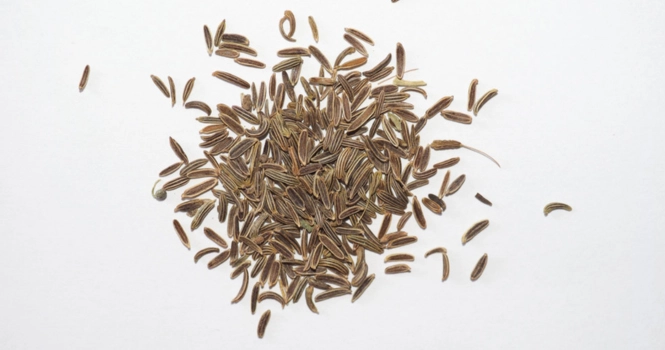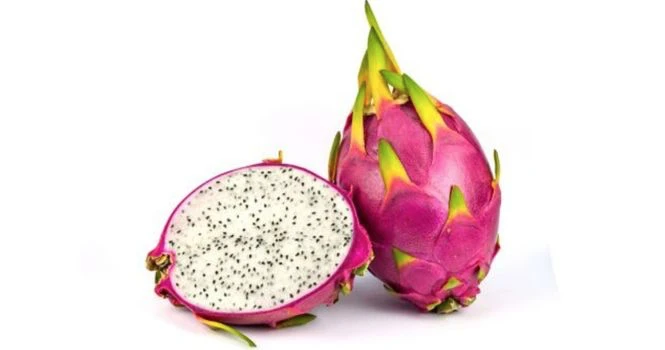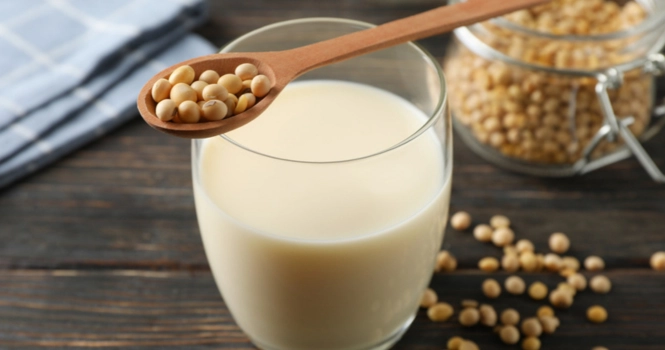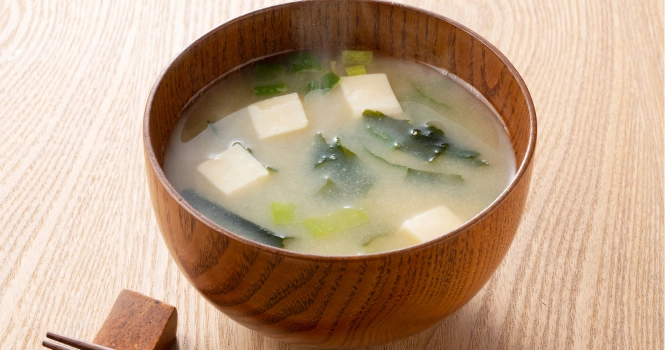Benefits of Pomegranate
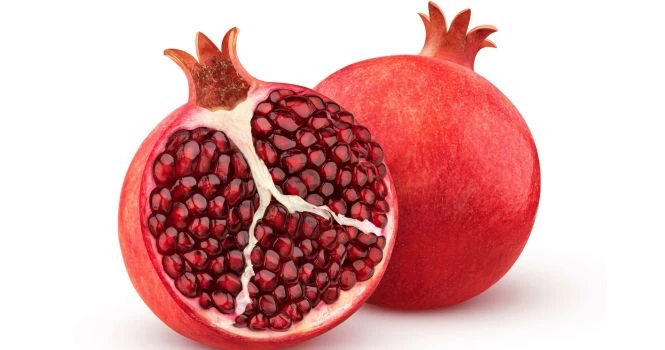
Let’s understand in detail about the Pomegranate fruit and how it is beneficial to us in everyday life. Before going into the benefits, lets know,
Pomegranate Nutrients
The following table contains values for 100g Portion of pomegranate
Normally a 4 Inch Diameter Pomegranate contains 282 g
| Name | Amount | Unit |
|---|---|---|
| Water | 77.9 | g |
| Energy | 83 | kcal |
| Protein | 1.67 | g |
| Total Lipid(Fat) | 1.17 | g |
| Carbohydrate | 18.7 | g |
| Fibre | 4 | g |
| Sugar | 13.7 | mg |
| Potassium | 236 | mg |
| Phosphorus | 36 | mg |
| Magnesium | 12 | mg |
| Calcium | 10 | mg |
| Iron | 0.3 | mg |
| Vitamin C | 10.2 | mg |
| Sodium | 3 | mg |
Carbs in Pomegranate
| Name | Amount | Unit |
|---|---|---|
| Carbs per 100 g | 18.7 | g |
| Carbs in 1 Pomegranate of 282 g (4 inch diameter) | 52.7 | g |
| 0.5 Cup Arils (Seeds or Juice sacs) | 16.3 | g |
This essentially means it is a low carb fruit and which could be included in your Keto diet when you eat half cup or less in a day.
Pomegranate Glycemic Index and Glycemic Load
| Name | Glycemic Index | Glycemic Load |
|---|---|---|
| Pomegranate (100g) | 53 | 9 |
Glycemic load (GL) is a measure of how much a food raises your blood sugar levels in one serving. It takes into account both the glycemic index of a food and the amount of carbohydrates in one serving.
To calculate the glycemic load of a food, you multiply the glycemic index of the food by the grams of carbohydrates in one serving, then divide by 100.
Learn more about Glycemic Index by Clicking Here
Is Pomegranate fruit good for diabetics?
As the fruit has low Glycemic index and Low Glycemic Load, it can be consumed by diabetics. As with everything, moderation is key.
It improves insulin resistance, enhances the action of beta cells of Pancreas and is known to decrease fasting blood glucose in patients with type 2 diabetes.
How to select Pomegranate and to know when they are ripe?
You can select the bright red and firm when pressed.
You can follow these to select the good ones,
- Ripe pomegranates will have a deep, rich color, typically ranging from dark red to brownish-red. The skin should be glossy and without any cracks or blemishes.
- A ripe pomegranate should feel heavy for its size, as this indicates that it is filled with juicy arils. Give it a gentle squeeze – if it feels soft or mushy, it may be overripe.
- Listen for a metallic sound: Hold the pomegranate close to your ear and tap it gently with your fingers. If it makes a metallic sound, it is likely to be ripe and filled with juicy arils.
- Check the crown: The crown of the pomegranate is the area at the top where the stem is attached. If the crown is dry or brown, it may indicate that the fruit is past its prime. A fresh, green crown is a sign that the pomegranate is ripe and ready to eat.
How to cut Pomegranate?
Here are some steps to help you cut a pomegranate:
- Start by selecting a ripe pomegranate that feels heavy and has a deep color. Cut off the top of the fruit with a sharp knife, leaving a shallow, circular cut around the crown.
- Use a paring knife to score the skin of the fruit along the natural ridges from the top to the bottom, being careful not to cut too deep into the seeds.
- Hold the pomegranate over a bowl of water and gently pull it apart along the scored lines, allowing the seeds to fall into the water. The water will help prevent the juice from staining your clothes or counter.
- Once all the seeds are removed, discard any bits of white membrane that may have fallen into the bowl. Drain the seeds and use them in your favorite recipes or eat them as a snack.
There are also other methods for removing the seeds, such as cutting the fruit in half and gently tapping the back with a spoon, but the method described above tends to be less messy and more efficient. With a little practice, you can quickly and easily cut a pomegranate to enjoy its sweet, juicy seeds.
Pomegranate seeds
The seeds are small, juicy, and flavorful, and are the edible part of the fruit. They are encapsulated within a white, spongy membrane, called the pith, which is also edible but has a bitter taste. The seeds are rich in antioxidants, vitamins, and minerals, and are a healthy addition to your diet. Here are some details about pomegranate seeds:
- Nutritional value: Pomegranate seeds are a good source of fiber, vitamin C, vitamin K, and potassium. They are also rich in antioxidants, especially polyphenols, which have been shown to have numerous health benefits, such as reducing inflammation, preventing cancer, and improving heart health.
- Appearance: Pomegranate seeds are small, round, and reddish-pink in color. They are about the size of a kernel of corn and have a soft, juicy texture.
- Taste: Pomegranate seeds are sweet and slightly tart, with a refreshing burst of flavor in each bite. Some people may find the taste too sour or acidic, but this can be balanced by pairing them with sweeter fruits or adding a drizzle of honey.
- Culinary uses: Pomegranate seeds can be eaten raw as a snack or added to a variety of dishes. They can be used to add flavor and texture to salads, yogurt, smoothies, oatmeal, or granola. Pomegranate seeds can also be used as a garnish for cocktails or mocktails, or added to desserts like ice cream or cake.
- Storage: Pomegranate seeds can be stored in the refrigerator for up to 5 days, or frozen for up to 6 months. To freeze, spread the seeds on a baking sheet and freeze for 1-2 hours, then transfer to a freezer-safe container.
Pomegranate Juice Vs Fruit : Which is better?
Pomegranate Fruit:
Eating pomegranate seeds or fruit provides you with fiber, which helps in promoting digestion and regulating bowel movements. The seeds contain a compound called punicalagin, which is a powerful antioxidant that helps to reduce inflammation and protect against oxidative damage in the body. Pomegranate fruit is also a good source of vitamins and minerals, including vitamin C, vitamin K, and potassium. However, the seeds can be hard to digest for some people and may cause stomach discomfort.
Pomegranate Juice:
Pomegranate juice is a good source of antioxidants and polyphenols, which have been shown to have numerous health benefits, such as reducing inflammation, lowering blood pressure, and improving heart health. Pomegranate juice may also help to reduce the risk of certain types of cancer and improve brain function. However, it is important to choose 100% pure pomegranate juice without added sugar or preservatives, as many commercial juices contain added sugar, which can be harmful to your health.
Benefits for Skin
Here are some of the potential benefits of using pomegranate for your skin:
- Anti-aging: It contains high levels of antioxidants, which help to fight against free radicals that can damage the skin and contribute to premature aging. It also contains ellagic acid, which has been shown to reduce the breakdown of collagen and protect the skin from UV damage.
- Moisturizing: Pomegranate oil is rich in punicic acid, which helps to moisturize the skin and improve its elasticity. It can also help to reduce the appearance of fine lines and wrinkles.
- Brightening: It is rich in vitamin C, which can help to brighten the skin and reduce the appearance of dark spots and hyperpigmentation.
- Anti-inflammatory: It contains anti-inflammatory compounds, which can help to calm and soothe irritated or inflamed skin.
- Healing: It contains compounds that can help to stimulate cell regeneration and promote the growth of healthy new skin cells. This makes it a popular ingredient in products that are designed to promote healing and reduce the appearance of scars or blemishes.
Benefits for Men
Pomegranate juice is known for its numerous health benefits, and it can be especially beneficial for men due to its ability to promote prostate health and reduce the risk of various diseases. Here are some of the key benefits of pomegranate juice for men:
- Promotes prostate health: Pomegranate juice is rich in antioxidants, which have been shown to protect the prostate from damage caused by free radicals. Additionally, pomegranate juice contains compounds that inhibit the growth of prostate cancer cells, making it a valuable tool in preventing and treating this common cancer in men.
- Reduces risk of heart disease: Pomegranate juice has been shown to reduce blood pressure, lower LDL cholesterol, and improve overall cardiovascular health. This can help to reduce the risk of heart disease, which is a leading cause of death in men.
- Boosts immune system: Pomegranate juice is a rich source of vitamin C, which is essential for a healthy immune system. This can help to prevent illness and promote overall well-being.
- Improves sexual function: Pomegranate juice has been shown to improve erectile function in men with erectile dysfunction. This is likely due to its ability to improve blood flow and reduce inflammation in the body.
- Supports muscle recovery: Pomegranate juice contains natural anti-inflammatory compounds that can help to reduce muscle soreness and promote faster recovery after exercise. This can be especially beneficial for men who are active or engage in regular exercise.
Pomegranate in Pregnancy
Conflicting reports on its importance in Pregnancy.
Some people believe that consuming pomegranate during pregnancy may cause contractions or other issues, particularly if consumed in large amounts. Additionally, some pomegranate products, such as supplements or extracts, may contain high levels of certain compounds that could be harmful to the developing fetus.
As with any food or supplement, it is important to consult with a healthcare provider before consuming pomegranate during pregnancy.
![]()




